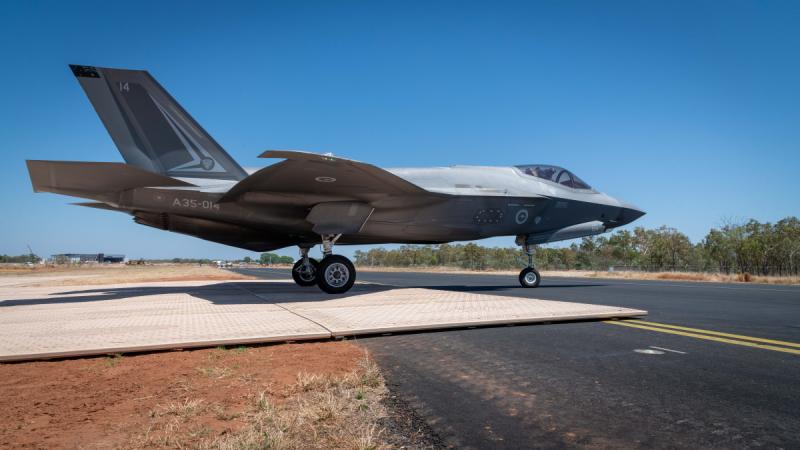One year on from its establishment, the Information Warfare Officer (IWO) work group is maturing rapidly and growing.
The work group celebrated its first birthday in the Bonshaw Mess at HMAS Harman on March 3.
Marking the anniversary, Commodore Matthew Doornbos, Director General Navy Intelligence and Information Warfare, noted there were currently 76 IWOs, 40 due to complete their transfer of work group and more in the pipeline.
Captain Andrew Macalister, Program Director for Navy Intelligence and Information Warfare, said there has never been a more exciting time to be involved in information warfare.
“Information warfare is a fusion of offensive and defensive electronic capabilities, cyber operations and space and information effects,” he said.
“It combines data collection, awareness and manipulation to gain an advantage before, during and after battles, across all domains and within the information environment.
“In the next couple of years, we will be deploying capabilities to sea that will give us the ability to achieve this through the electromagnetic spectrum.”
Transitioning into the IWO role has been a positive experience for new IWO recruits.
Lieutenant Jordan Roney transferred as part of ‘Cohort 0’ last year and said the role had a steep learning curve, but it hadn’t been without support.
“We are maturing as a workforce and everyone is there to give assistance when you ask for it,” he said.
To help grow the new role, Lieutenant Roney coordinated a work experience program for midshipmen from the Australian Defence Force Academy to see what it was like working in the intelligence and information warfare community.
One of those was Sub-Lieutenant Jacqui Meacle, who was drawn to the technical aspects IWO offered, and saw an opportunity to put her computer and cyber security degree to work.
She said the fast-paced development of information warfare made it more appealing than maritime warfare.
“Although they change in detail, a missile is still a missile. Information warfare, however, enables us to fight within the electromagnetic spectrum, where constant technological developments are changing how we fight at a much faster rate,” she said.
“I’m excited to be an IWO because it’s leaning towards a modern battle. It’s going to be equally important as other forms of warfare.”
The first IWO course started in January and participants are expected to complete their training and enter the fleet in August.
A reserve element is planned so experts from industry and academia can become IWO reservists to assist in more challenging aspects of information warfare.






